
Kidney Diets for Cats. Cats suffering from chronic renal failure or other kidney disease benefit greatly from a specialized diet. Weight-loss, loss of appetite, and dehydration are common symptoms of kidney disease. Combat these symptoms with a high-protein, hydrating diet.
Commercial food often utilizes fillers that do not give cats adequate nutrition. Feed your cats a homemade diet that is three parts protein, two parts carbohydrate, and one part fat. If your cat will not eat homemade foods, serve them wet food designed for cats with kidney problems. Consult a veterinarian to determine which cat food brands are best.
For years there has been a controversy surrounding the appropriate amount of protein to feed a cat suffering from kidney trouble. Veterinarians have historically recommended a low-protein diet. In recent years this theory has begun to change because cats are carnivorous animals. Much of their nutrition comes from meat proteins. Feed cats a diet high in easy to digest proteins like chicken or fish. Ground turkey and beef are also good for cats with kidney problems. Eggs are also an adequate source of protein. Cats require more fat in their diet than people and dogs. When serving them ground meats, purchase cuts that are 80 percent lean instead of 90 percent lean
While carbohydrates are important for a cat's energy, cats sometimes have difficulty digesting them. Rice and potatoes are the best choices for cats, especially those with kidney disease. They are easy to digest and, more importantly, cats usually eat these foods.
Even homemade food will not provide cats with all the necessary vitamins and minerals. As kidney production slows, cats have more trouble digesting the minerals and vitamins in their food. Adding supplements to food helps combat this symptom. B vitamins, vitamin C, and fish oil are excellent dietary supplements. Consult a veterinarian to determine exactly what mineral and vitamin supplements are necessary.
Dehydration affects almost all cats suffering from kidney disease. Increase the amount of fresh water available for your cat. Cats may benefit from a free flowing fountain instead of a traditional water dish. Flowing water attracts cats and keeps the water supply fresh. Cats with kidney disease also benefit from subcutaneous fluid therapy. This can be done in your veterinarian's office or at home. Ask your veterinarian to show you how to administer subcutaneous fluids at home.
To prepare homemade cat food cook the meats and carbohydrates separately. Finely chop or grind meat if necessary. Mix ingredients together and refrigerate immediately. Cats will not eat foods that are too hot. Serve along with supplement pills. Crush pills and mix together with food for cats who will not take pills.
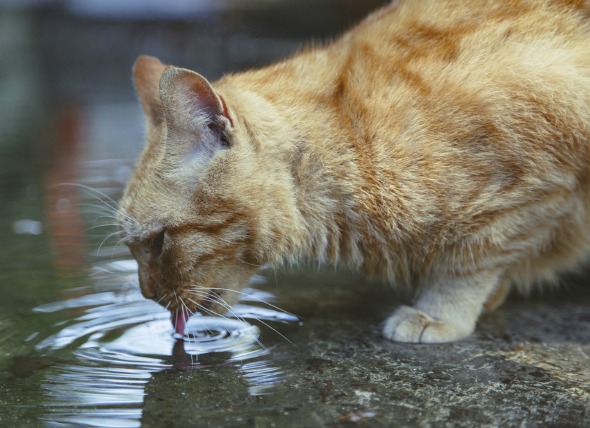 Intestinal Parasite (Cryptosporidia) in Cats
Cryptosporidiosis in Cats
Cryptosporidium is an i
Intestinal Parasite (Cryptosporidia) in Cats
Cryptosporidiosis in Cats
Cryptosporidium is an i
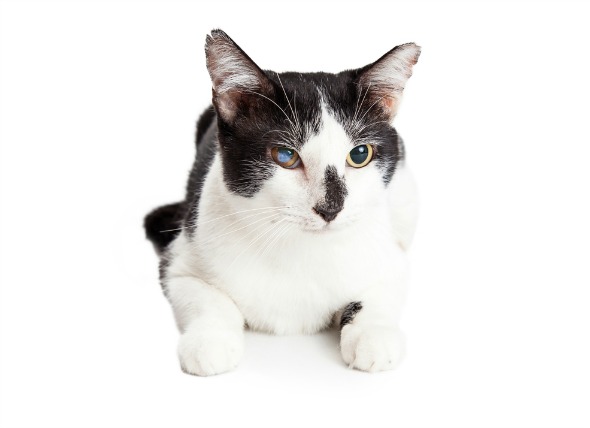 Blind Quiet Eye in Cats
If your cat has loss of vision in one or both eye
Blind Quiet Eye in Cats
If your cat has loss of vision in one or both eye
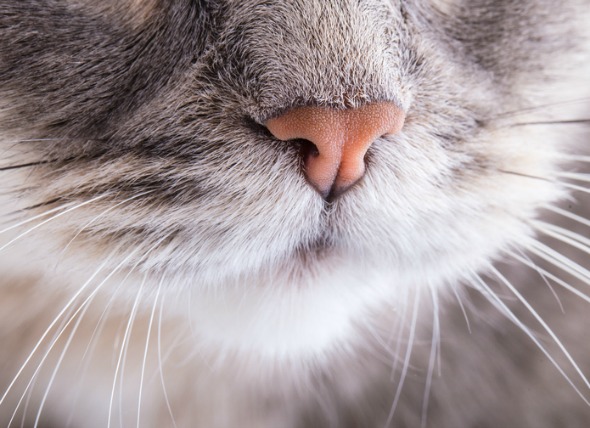 Nose and Sinus Inflammation in Cats
Rhinitis and Sinusitis in Cats
Inflammation of a
Nose and Sinus Inflammation in Cats
Rhinitis and Sinusitis in Cats
Inflammation of a
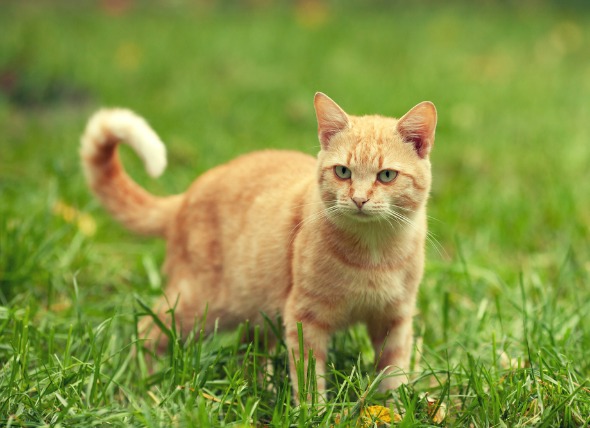 Skin Cancer (Squamous Cell Carcinoma) in Cats
Cutaneous Squamous Cell Carcinoma in Cats
The epi
Skin Cancer (Squamous Cell Carcinoma) in Cats
Cutaneous Squamous Cell Carcinoma in Cats
The epi
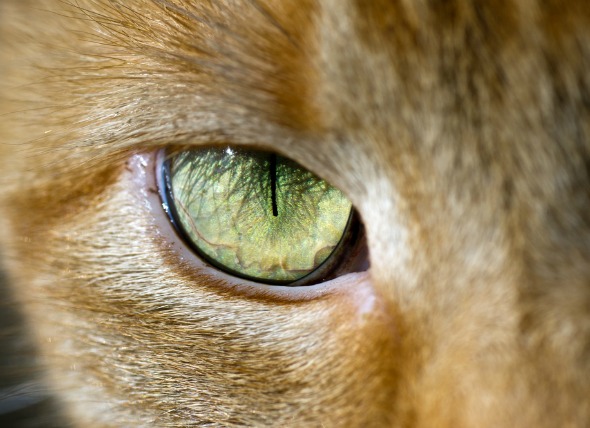 Glaucoma in Cats
Disease of the Optic Nerve in Cats
Glaucoma is a
Glaucoma in Cats
Disease of the Optic Nerve in Cats
Glaucoma is a
Copyright © 2005-2016 Pet Information All Rights Reserved
Contact us: www162date@outlook.com